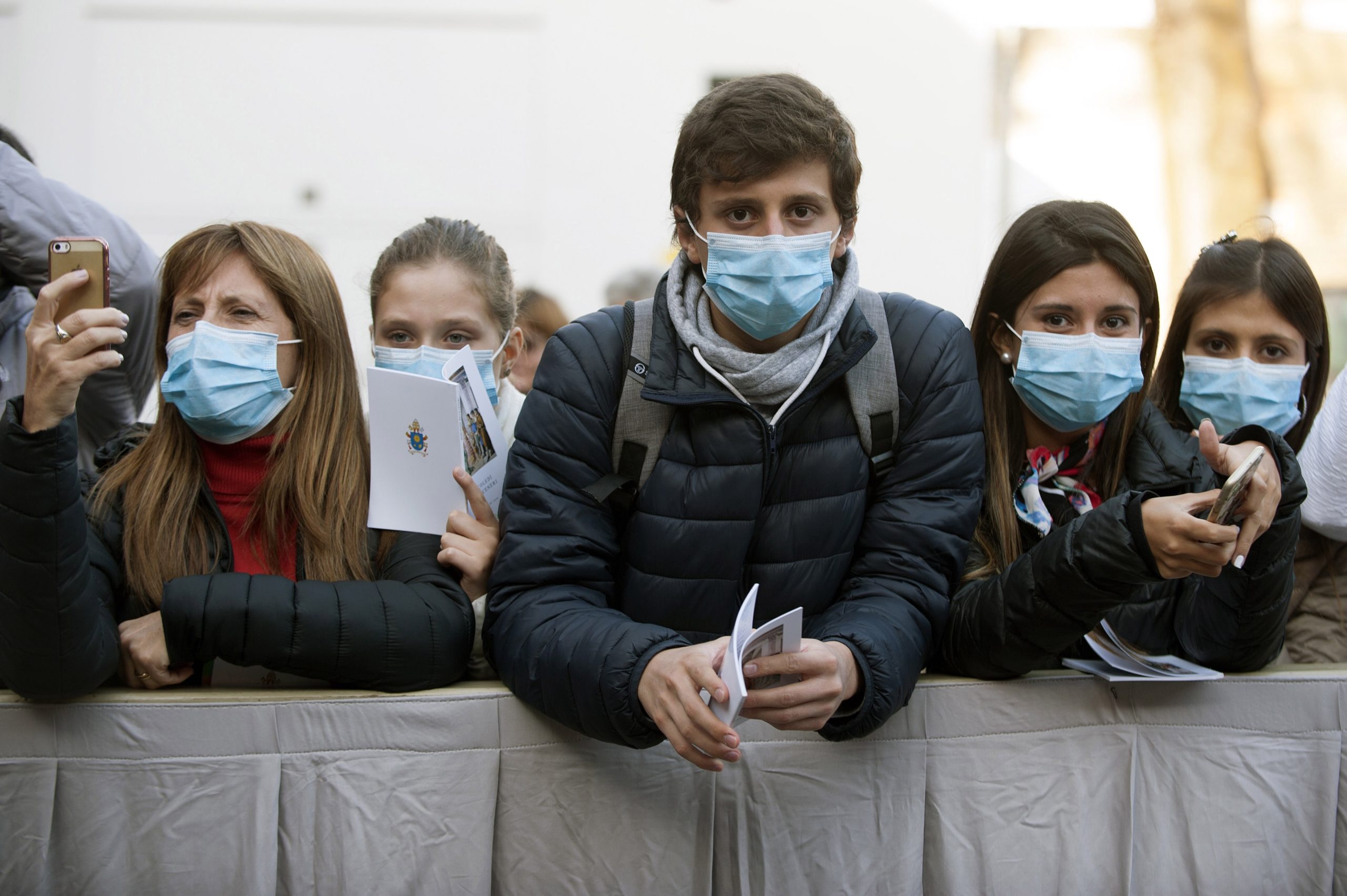RIO DE JANEIRO, BRAZIL – The organization’s director for the Asia-Pacific region voiced concern about the rise in asymptomatic cases that unknowingly spread the virus, and called for greater efforts to prevent the virus from reaching the most vulnerable populations.
The coronavirus has entered a “new phase” in the Asia-Pacific region, where it is now spreading among the often asymptomatic under-50s, the World Health Organization (W.H.O.) said on Tuesday
People with no or only mild symptoms are at risk of infecting the elderly or those with health conditions, Takeshi Kasai, W.H.O. director for the western Pacific, said at a press briefing.

“The epidemic is changing. People in their 20s, 30s and 40s are a growing threat,” he said. “Many do not know they are infected. They have mild symptoms or sometimes no symptoms at all.”
“We’re not only witnessing a resurgence, I’m seeing signs that we’ve entered a new phase of the pandemic in the Asia-Pacific,” Kasai said. Two-thirds of people infected in recent days in Japan are under 40 years old, according to the organization. The same is true for half of those infected in the Philippines and Australia.
“Efforts must be redoubled so that the virus does not reach the most vulnerable populations,” Kasai said.
The Western Pacific region, which covers 27 countries in Asia and the Pacific, has to date confirmed over 400,000 coronavirus infections and nearly 9,300 deaths, according to the W.H.O. These deaths represent 2.3 percent of all cases in the region.
Countries where the epidemic seemed to be under control, such as New Zealand, Vietnam and South Korea, have recently detected new outbreaks, forcing authorities to reinstate restrictions in several cities.
The enforcement of localized containment, with less severe economic consequences for countries, seems to be working in many cases and would be a useful tool in the long term, according to Kasai. “Many are now detecting outbreaks earlier and reacting to them faster with more targeted interventions and an expeditious approach that restores health to societies and economies at the same time,” Kasai concluded.
However, “the threat will remain as long as the virus is circulating and we are not immunized against it,” he warned.
Source: infobae

